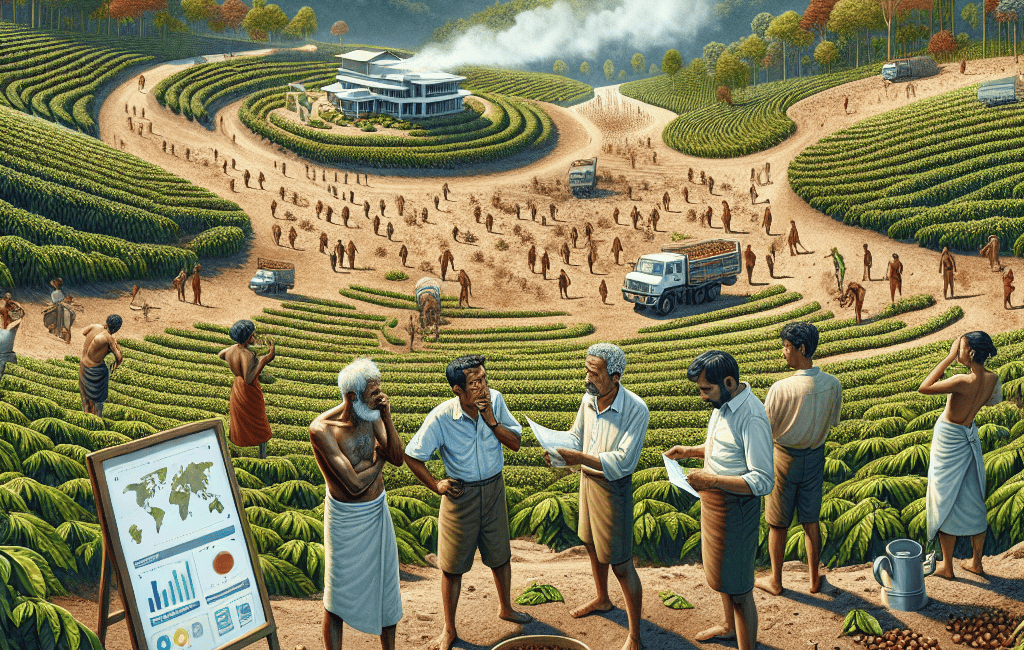
How Climate Change Is Impacting Coffee Production
Coffee is more than just a morning ritual; it‘s a global commodity that brings joy to millions. However, as we face the pressing issues of climate change, the future of coffee production hangs in the balance. Let‘s explore how our changing climate is affecting the beloved bean.
The Coffee Plant and Its Ideal Conditions
Coffee plants, particularly Arabica, thrive in specific conditions: a stable climate, high altitude, and a delicate balance of rainfall. These factors contribute to the unique flavor profiles that coffee aficionados cherish. Unfortunately, climate change is disrupting these ideal environments.
Rising Temperatures
As global temperatures rise, the areas suitable for coffee cultivation are shifting. Coffee plants are sensitive to temperature changes, and even a slight increase can affect their growth and productivity.
- Reduced Yields: Higher temperatures can lead to reduced yields per plant, impacting the overall supply.
- Flavor Alterations: The biochemical processes in coffee plants can change, leading to variations in flavor and aroma.
Changing Rainfall Patterns
Climate change is also altering rainfall patterns, leading to unexpected droughts or excessive rainfall. This can cause several issues:
- Drought Stress: Insufficient rainfall can stress plants, leading to lower quality and quantity of beans.
- Fungal Diseases: Excess moisture can promote the growth of harmful fungi, further threatening coffee crops.
Shifting Geographic Ranges
As conditions become less suitable in traditional coffee-growing regions, farmers are forced to move to higher altitudes or latitudes. This shift poses challenges:
- Loss of Biodiversity: New planting areas may disrupt local ecosystems and reduce biodiversity.
- Economic Impact: Farmers may struggle to adapt, leading to economic instability in coffee-growing regions.
What Can Be Done?
Despite the challenges, there are steps that can be taken to mitigate the impact of climate change on coffee production:
- Sustainable Practices: Adopting agroforestry and organic farming can improve resilience to climate changes.
- Research and Development: Investing in research to develop climate-resistant coffee varieties is crucial.
- Consumer Awareness: Supporting brands that prioritize sustainable sourcing can help drive change in the industry.
Conclusion
The impact of climate change on coffee production is a growing concern that affects not just farmers but coffee lovers around the world. By understanding these challenges, we can all play a part in preserving the future of our favorite brew.


